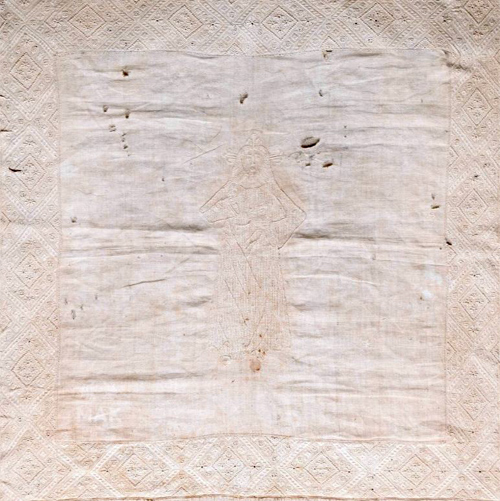
Seminar: “A Cloth for the Eucharist: From Material Presence to Pictorial Representation (Fifteenth-Century Western Europe)”
Julie Glodt (Mellon Fellow, PIMS)
In the course of the 15th century in Western Europe, the object that covered the chalice during the eucharistic ritual was transformed. The corporal, a simple linen cloth, was gradually replaced by the pall, a rigid square object often dyed and adorned with images. By the Carolingian era, rules and commentaries stipulated that the corporal should be a pure white linen cloth, a materially credible figure of the shroud of Christ. The pall has been little studied before now. More than a mere aesthetic or visual change from the corporal, its appearance called into question the agency of liturgical objects in the eucharistic ritual in the late Middle Ages. Combining ritual studies, art history and cultural history, this seminar will attempt to define and characterize the shift from a paradigm of presence through materiality to one of pictorial representation.
Image: Vienna, Museum für angewandte Kunst, T 1043, corporal (?), 15th century, Germany. © Vienna, Museum für angewandte Kunst.


